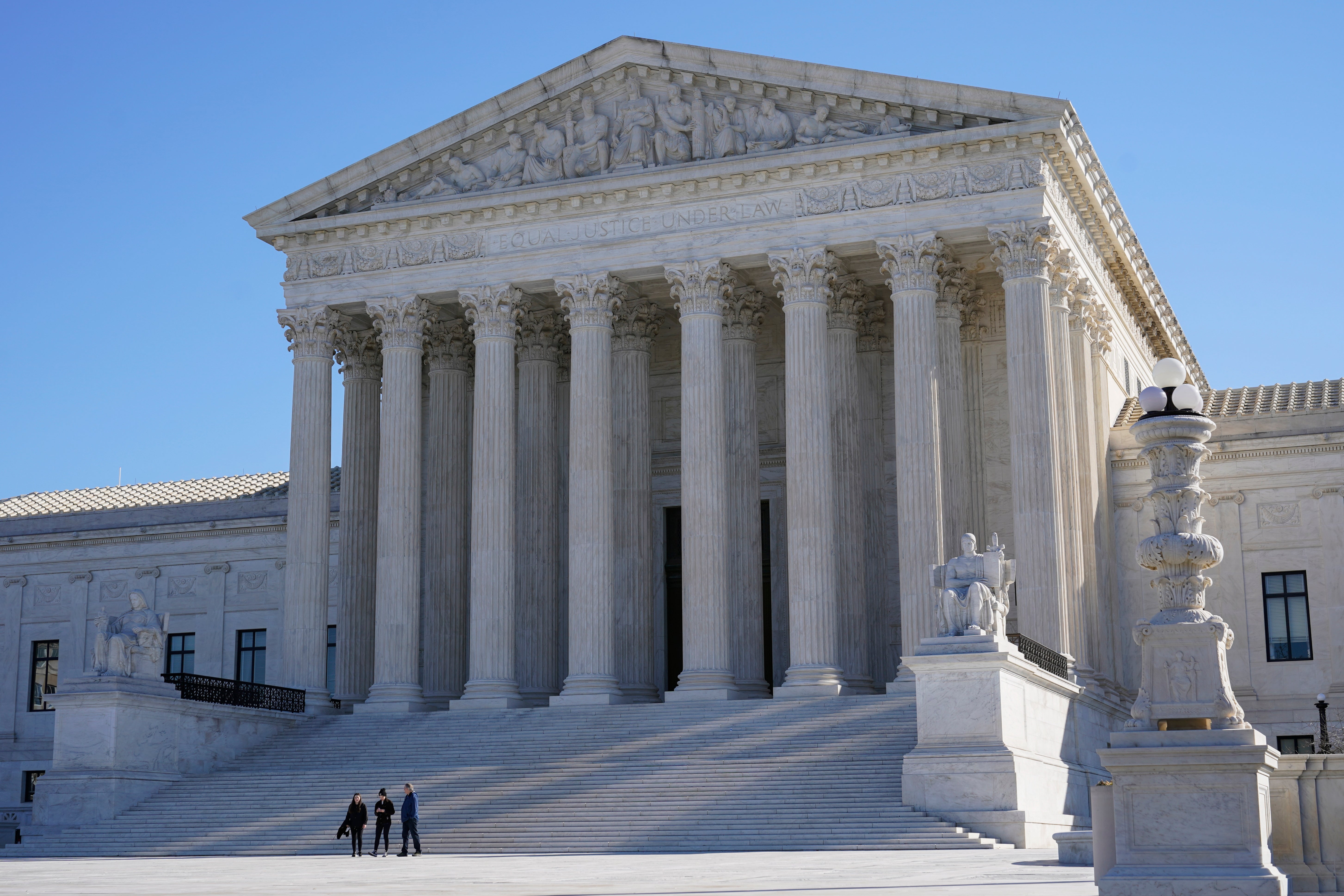Court hears case over deputy who didn't read Miranda rights
You have the right to remain silent

You have the right to remain silent. Everyone knows police aren't supposed to question suspects without reading them their Miranda rights.
But what happens when law enforcement officers don't first read suspects their rights? The Supreme Court on Wednesday wrestled with whether a sheriff's deputy can be sued for money damages for violating the rights of a hospital employee who was accused of sexually assaulting a patient.
At issue is whether the familiar Miranda warning, which the court recognized in its Miranda v. Arizona decision in 1966 and reaffirmed 34 years later, is a constitutional right or has a lesser and less-defined status.
The case began when a woman who suffered a stroke said she was assaulted at a Los Angeles hospital and identified hospital worker Terrence Tekoh as her attacker. Los Angeles County Sheriff's Deputy Carlos Vega talked to Tekoh, who signed a statement confessing to the assault.
Both sides agree that Vega did not read Tekoh his rights before their conversation at the hospital. But they disagree about whether Tekoh was coerced into confessing.
Even with the statement used against him at trial, a jury acquitted Tekoh of criminal charges. Tekoh then turned around and sued Vega, who twice prevailed at civil trials over his conduct. But a federal appeals court ruled Tekoh should have another chance.
The deputy appealed to the Supreme Court, which agreed to hear the case.
A federal law known as Section 1983 allows people to sue police officers and other governmental workers for violations of constitutional rights.
Justice Elena Kagan said she fears that if the court rules for Vega, the outcome “will undermine Dickerson,” the 2000 decision that was written by the late Chief Justice William Rehnquist. He was a critic of the Miranda decision who nevertheless said it had become embedded in American culture.
On the other hand, several justices noted that Rehnquist seemed to choose his words carefully in that opinion. Chief Justice John Roberts, who was a law clerk for Rehnquist more than 40 years ago, said his former boss “didn’t say Miranda is in the Constitution. He talked about constitutional underpinnings, constitutional basis.”
Lawyers for Vega and the Biden administration also argued that civil lawsuits should not be allowed against police officers because they are ultimately not the cause of any rights violations. A defendant's rights are violated only when prosecutors decide to use a statement obtained without a Miranda warning at trial, they argued.
But Justice Department lawyer Vivek Suri said, “We think Miranda is a constitutional right.”
Paul Hoffman, representing Tekoh, said his client has no other legal option if he can't sue Vega. “I’m standing here on behalf of Mr. Tekoh, who was acquitted and has absolutely no other remedy than a Section 1983 violation. His life was destroyed by these actions," Hoffman said.
A decision in Vega v. Tekoh, 21-499, is expected by late June.
Bookmark popover
Removed from bookmarks